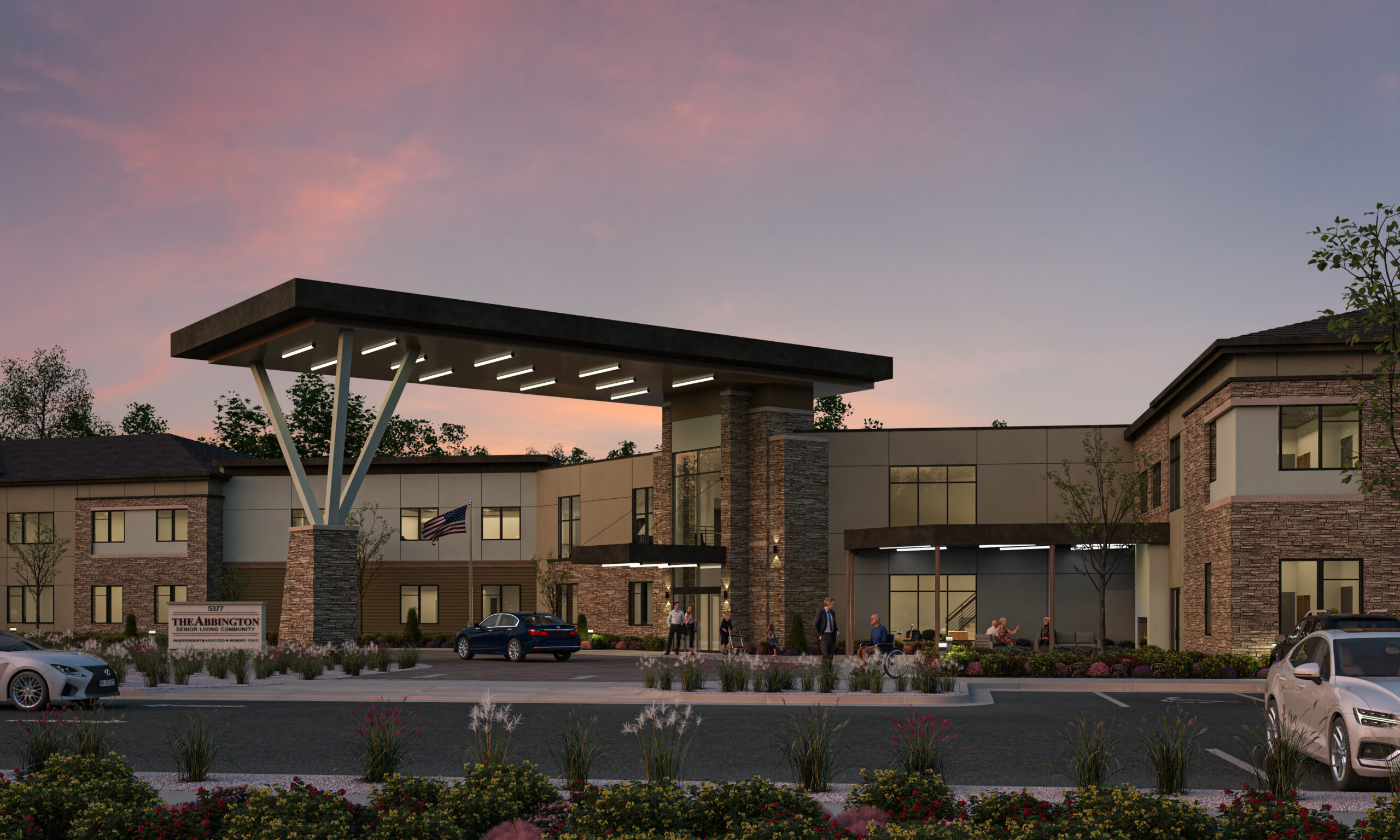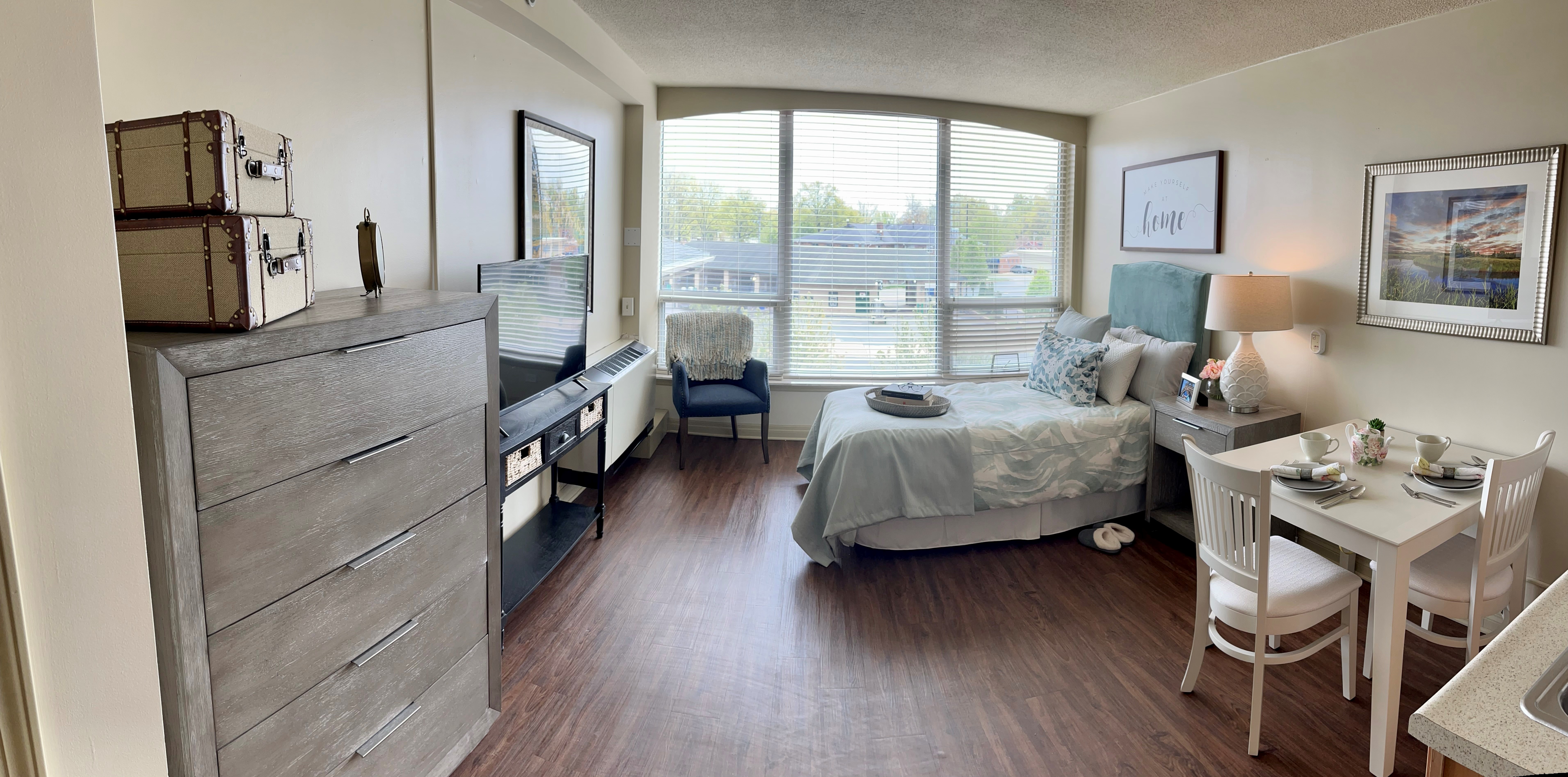Premier Charlotte Memory Care: Enhancing Lifestyle for Seniors
Premier Charlotte Memory Care: Enhancing Lifestyle for Seniors
Blog Article
What to Expect in Memory Treatment: A Detailed Overview to In-Home Solutions
Browsing the landscape of memory treatment for a loved one can be a complicated and mentally billed experience. As family members come to terms with the challenges of taking care of somebody with memory loss, the world of in-home services offers a lifeline of support and specialized care. Comprehending what to expect in memory care is essential for guaranteeing the well-being of both the specific with memory impairment and their caretakers. From customized day-to-day tasks to safety and security protocols and caretaker sources, this guide aims to clarify the extensive spectrum of solutions readily available to those starting the journey of in-home memory care.
Daily Routines and tasks
Taking part in organized daily activities and routines is a basic part of giving quality take care of individuals in memory care centers. These tasks are diligently designed to accommodate the certain needs of homeowners with cognitive disabilities, such as Alzheimer's disease or dementia. Daily regimens play an essential role in preserving a sense of familiarity, security, and function for individuals in memory treatment.

Moreover, everyday regimens help people in memory care centers to really feel more oriented and less nervous. Consistency in schedules and activities can decrease confusion and agitation, supplying a sense of security and comfort. Caregivers and personnel play an essential duty in helping with these tasks, guaranteeing that each resident obtains customized and thoughtful treatment customized to their unique preferences and capacities.
Specialized Treatment Services
Within memory treatment centers, specialized treatment services are important to address the one-of-a-kind needs and difficulties faced by people with cognitive impairments such as Alzheimer's condition or mental deterioration. These solutions are made to supply customized support that accommodates the specific demands of citizens taking care of amnesia. Specialized treatment services in memory treatment facilities typically consist of personalized care strategies, help with activities of day-to-day living, medicine administration, and behavior treatments targeted at improving top quality of life and decreasing distress.
Additionally, memory care centers commonly offer structured programs and tasks particularly developed to stimulate cognitive feature and advertise social interaction among citizens. These activities might include memory-enhancing exercises, sensory stimulation therapies, and memory therapy sessions. Additionally, specialized care services often include regular surveillance of residents' health and wellness and wellness by experienced personnel who are equipped to deal with the special obstacles connected with cognitive decline.
Safety And Security Actions and Environment
Carrying out strict precaution and developing a secure atmosphere are critical top priorities in memory care facilities to make sure the wellness and defense of citizens with cognitive disabilities. Security in memory care starts with safe building layout, consisting of locked doors and checked access to protect against locals from roaming outdoors not being watched. Additionally, centers typically have security system and surveillance video cameras to monitor citizens and react promptly to any type of emergencies. Inside, the atmosphere is thoroughly intended to decrease dangers, with handrails, grab bars, and non-slip flooring to avoid drops. Furniture is organized to assist in easy navigating, and possibly harmful products are locked away or eliminated. Personnel receive specialized training in handling emergency situations, de-escalating difficult actions, and making certain the safety of locals in any way times. Routine safety analyses are conducted to recognize and resolve any possible hazards quickly. By prioritizing safety procedures and preserving a safe atmosphere, memory treatment facilities objective to provide a encouraging and protective setting for individuals with cognitive problems.
Communication and Interaction Strategies
With an emphasis on improving and promoting purposeful communications high quality of life, efficient interaction approaches play a crucial function in supporting people in memory treatment facilities. Communication in memory care entails recognizing the unique demands of homeowners who may have cognitive impairments like mental deterioration.
Involvement approaches are additionally essential in memory care, helping citizens stay energetic, stimulated, and connected to their environments. Activities like songs treatment, art courses, reminiscence sessions, and sensory stimulation can stimulate memories, enhance state of mind, and promote socialization. Customizing activities to each person's capabilities and interests is vital to promoting involvement and a sense of success. In addition, integrating acquainted items, pictures, and songs from the person's past can provide convenience and stimulate favorable memories. By focusing on customized communication and engagement approaches, memory care facilities can enhance the total well-being and top quality of life for their locals.
Caregiver Assistance and Resources
Offered the vital duty caregivers play in applying reliable communication and engagement approaches for residents in memory care facilities, offering ample support and resources is important to guarantee the wellness of both the caretakers and the individuals under their treatment. Caretakers in memory care setups commonly deal with special difficulties that can impact their physical and psychological wellness. To address these difficulties, different support group and resources are offered to aid caregivers in supplying the most effective possible treatment.
One essential kind of assistance is caretaker education and learning and training programs. These programs furnish caregivers with the needed skills and understanding to efficiently handle the habits and signs linked with amnesia. Furthermore, assistance groups supply caretakers the opportunity to get in touch with others who are experiencing similar obstacles, offering a feeling of community and understanding.

Final Thought

Engaging in organized daily activities and regimens is a fundamental part of providing high quality treatment for individuals in memory treatment centers.Within memory care centers, specialized treatment services are vital to deal with the one-of-a-kind requirements and obstacles faced by people with cognitive problems such as Alzheimer's disease or dementia. Specialized treatment services in memory treatment facilities typically consist of customized treatment strategies, assistance with activities of everyday living, drug administration, and behavior therapies intended at boosting top quality of life and minimizing distress.
Provided the essential role caregivers play in carrying out efficient interaction and engagement techniques for locals in memory treatment centers, giving adequate support and resources is vital to make sure the health of both the image source caretakers and the people under their treatment. Daily tasks, specialized treatment solutions, safety and security measures, interaction strategies, and caretaker support are key components of in-home memory treatment.
Report this page